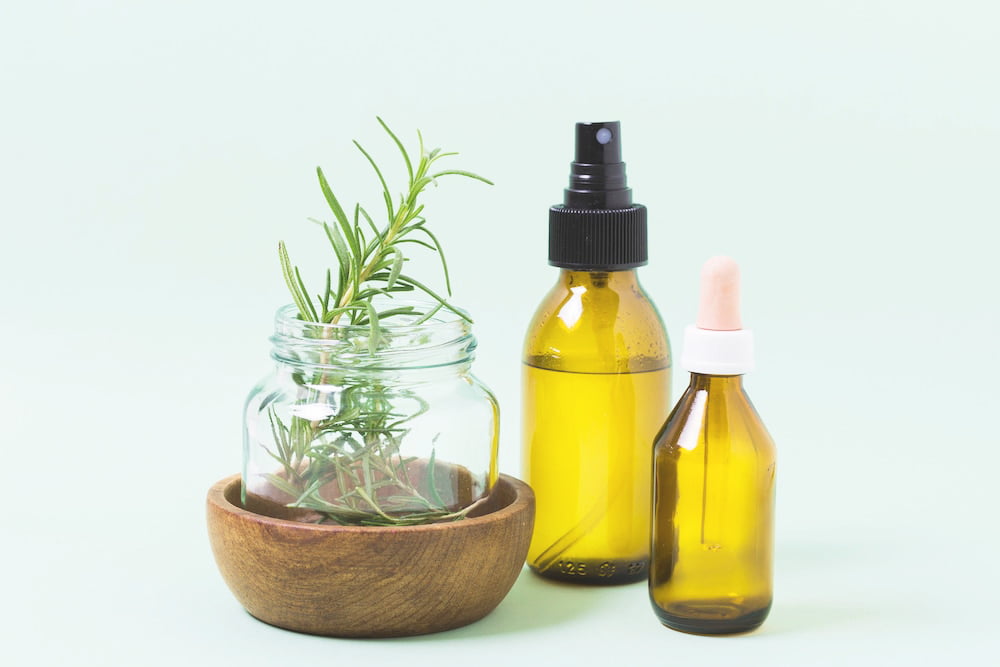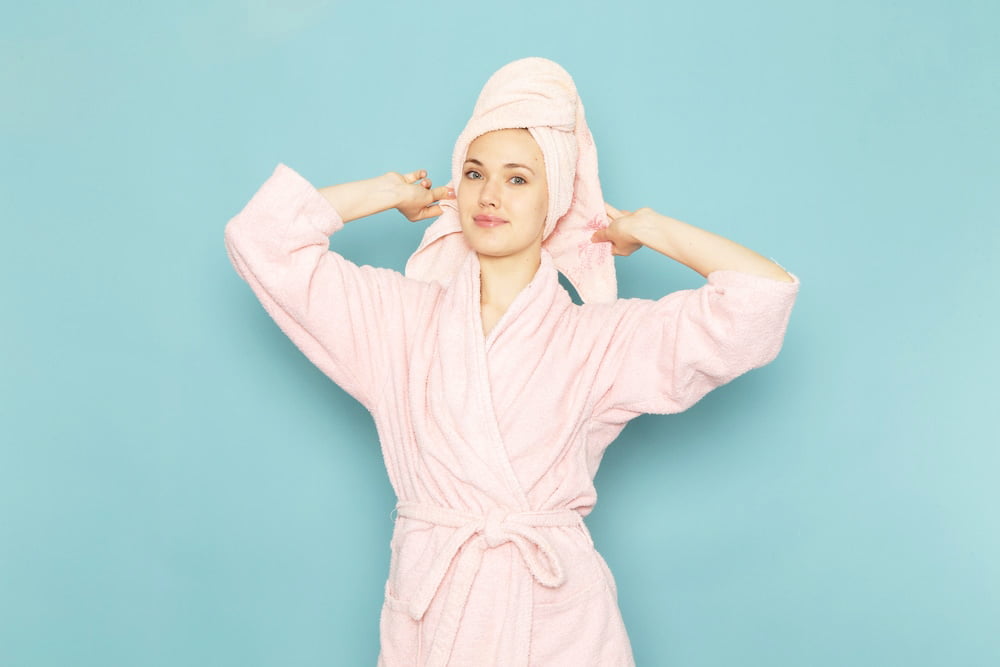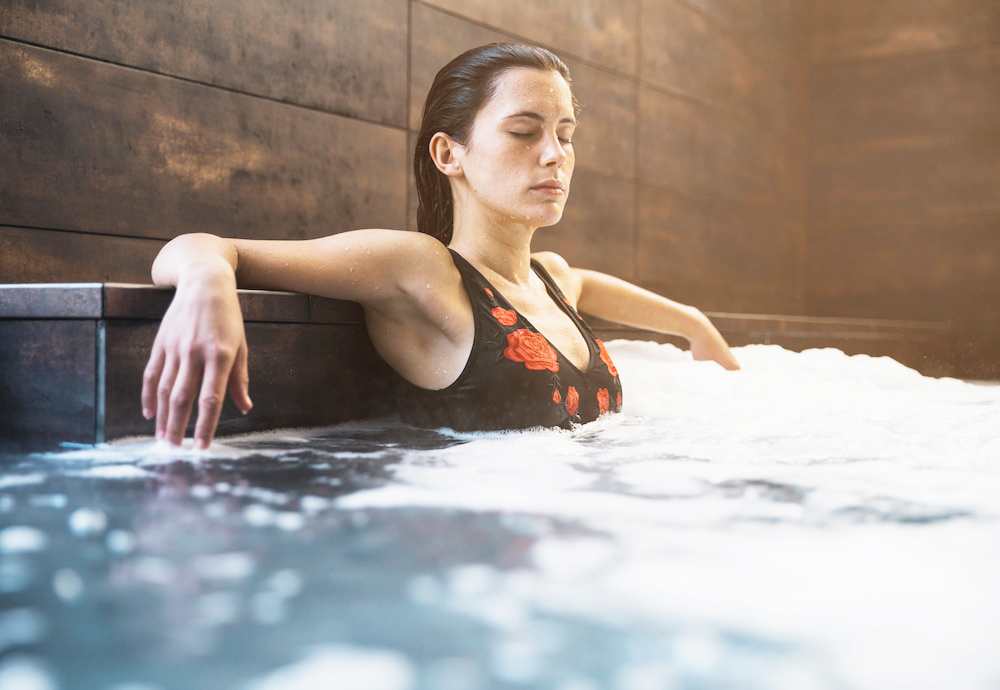Ice baths have become popular in gyms and among athletes. They promise quick recovery and improved performance. However, women’s bodies respond differently to cold than men’s do. That’s why many women wonder if they should jump into ice baths or avoid them altogether. This guide explains the science, risks, and best practices for women considering cold therapy.
The Science Behind Ice Baths and Cold Therapy
How Ice Baths Work: Physiological Effects
When you immerse in icy water, your body reacts to the cold. Blood vessels narrow, which reduces blood flow to muscles. This helps decrease inflammation and swelling. After exiting the bath, blood flow quickly increases, flushing out waste and promoting healing. Usually, ice baths are set at temperatures between 50°F and 59°F, with immersion times around 10 to 15 minutes.
Benefits of Cold Therapy
Cold exposure can do wonders for recovery. It helps ease muscle soreness and prevents injuries. Many athletes say ice baths boost mood and sharpen focus, especially after tough workouts. Some research suggests cold therapy may even reduce mental fatigue.
Risks Associated with Cold Exposure
However, cold therapy isn’t risk-free. Exposure to extreme cold can cause hypothermia, frostbite, or sudden cold shock responses. Shrinking blood vessels too much might also raise blood pressure or cause dizziness. Recent studies highlight that women might react differently to cold, which could affect safety.

Unique Considerations for Women Using Ice Baths
Hormonal Influences on Cold Tolerance
Women’s hormones play a big role in how they tolerate cold. During different parts of their menstrual cycle, body temperature can fluctuate. During the luteal phase, women often feel colder and become more sensitive to low temperatures. Pregnancy and menopause also change hormonal levels, which can impact how cold exposure affects them physically.
Cardiac and Cardiovascular Risks
Women’s hearts may respond differently to sudden cold. Cold temperatures cause blood vessels to tighten, which can lead to higher blood pressure. Women with heart problems or circulation issues should take extra care. Experts warn that cold therapy might pose a higher risk for women with cardiovascular concerns, especially during pregnancy or menopause.
Body Composition and Fat Distribution
Women’s bodies usually store fat differently than men’s. More fat can insulate the body, offering some protection from the cold. Women with low body fat might feel the cold more intensely, making ice baths less safe for them. Conversely, higher fat levels can make cold exposure more tolerable but still needs caution.

When Women Should Approach Ice Baths Carefully
Medical Conditions and Precautions
Women with heart disease, thyroid problems, or circulatory issues should consult a doctor before trying cold therapy. Conditions that affect blood flow or body temperature regulation increase risk. Never skip medical advice if you’re unsure.
Pregnancy and Breastfeeding Considerations
During pregnancy, the body becomes more aware of temperature changes. Cold exposure could affect blood flow to the fetus or cause discomfort. Breastfeeding women should also be cautious, as cold might influence milk production or cause stress. Always ask an obstetrician before trying ice baths.
Age-Related Factors
As women age, their ability to handle cold may change. Older women or those in menopause often have lower body temperatures and less muscle mass, which can make cold exposure riskier. Adjusting duration and temperature is essential for safety.

Best Practices for Women Who Want to Benefit from Ice Baths Safely
Precautionary Measures
Start slow. Start with warm water and keep the bath time short. Pay close attention to how your body feels. Feelings of dizziness, numbness, or heavy shivering are clear signs something is wrong. Always listen to what your body tells you.
Timing and Frequency
Many women prefer to take ice baths a few times each week instead of every day. The ideal time is after a workout when muscles need recovery. Avoid cold therapy when feeling unwell or overly tired.
Enhancing Safety and Effectiveness
Gradually increase cold exposure over weeks. Combine ice baths with stretching, hydration, and proper nutrition for better results. Always cut the session short if you experience chest pain, numbness, or disorientation.

Real-World Examples and Expert Opinions
Many women successfully include ice baths in their recovery routines by following safety guidelines. Professional athletes like Serena Williams and Lindsey Vonn have publicly shared their cold therapy routines, emphasizing caution and personalized approaches. Sports medicine doctors agree that women should pay attention to their own responses and seek personalized advice. Recent studies recognize that women’s responses to cold can differ, urging a more cautious approach for female users.
Conclusion
Women should not blindly avoid ice baths but should approach them with knowledge and caution. Understanding personal risks, hormonal influences, and individual body responses can make cold therapy safer. Always consult healthcare providers before starting, especially if you have health issues or are pregnant. Listening to your body is vital. When done correctly, ice baths can be a helpful part of your recovery routine. Stay informed, start slow, and enjoy the benefits safely.
Also Read: Night or Day: When Should You Shower for Better Sleep and Skin Health
Discover more from NoseyPepper
Subscribe to get the latest posts sent to your email.










Recent Comments